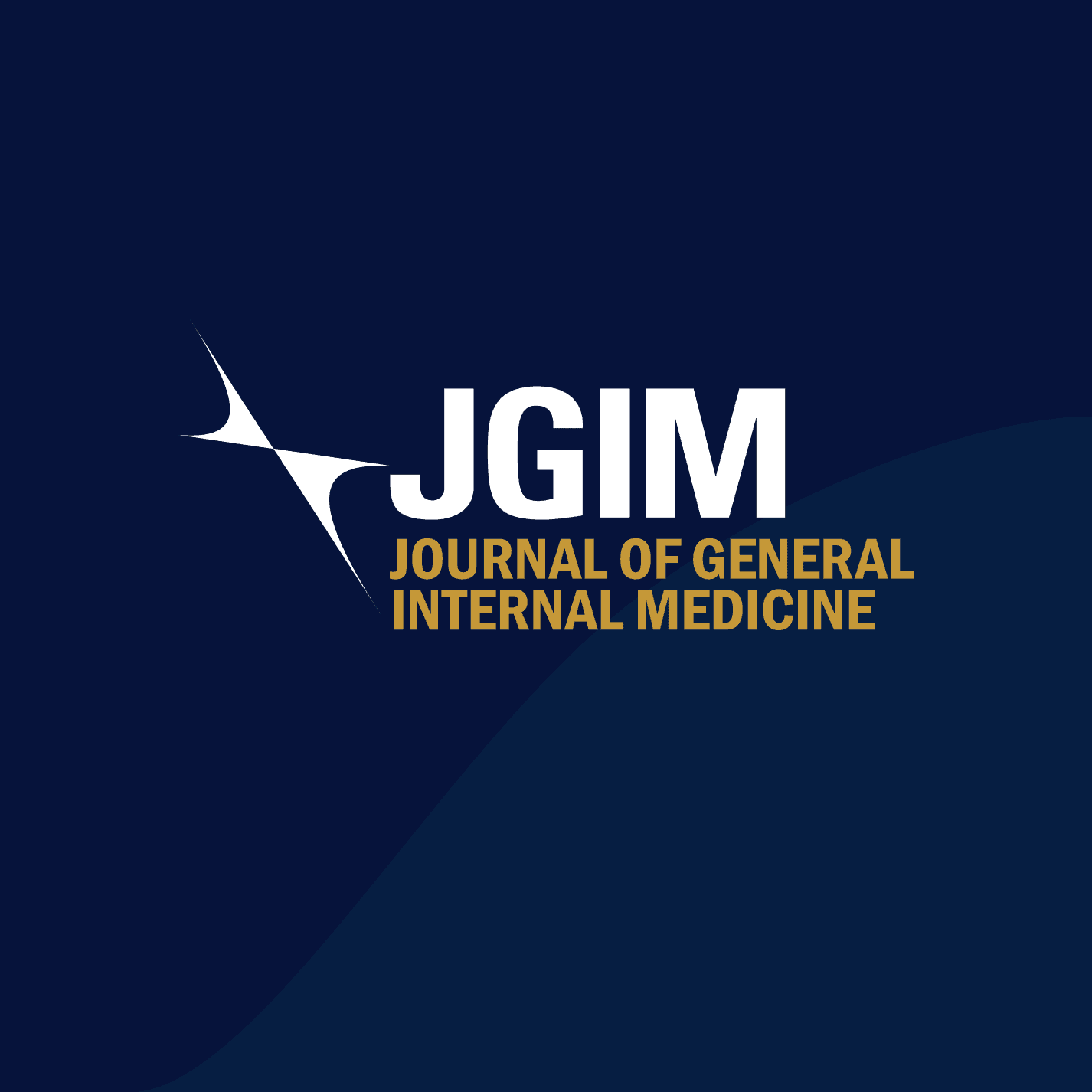Abstract
Background
Recent studies have reported a reduction in health-related quality of life (HR-QoL) among post-coronavirus disease 2019 (COVID-19) patients. However, there remains a gap in research examining the heterogeneity and determinants of HR-QoL trajectory in these patients.
Objective
To describe and identify factors explaining the variability in HR-QoL trajectories among a cohort of patients with history of COVID-19.
Design
A prospective study using data from a cohort of COVID-19 patients enrolled into a registry established at a health system in New York City.
Participants
Participants were enrolled from July 2020 to June 2022, and completed a baseline evaluation and two follow-up visits at 6 and 12 months.
Methods
We assessed HR-QoL with the 29-item Patient Reported Outcomes Measurement Information System instrument, which was summarized into mental and physical health domains. We performed latent class growth and multinomial logistic regression to examine trajectories of HR-QoL and identify factors associated with specific trajectories.
Results
The study included 588 individuals with a median age of 52 years, 65% female, 54% White, 18% Black, and 18% Hispanic. We identified five physical health trajectories and four mental health trajectories. Female gender, having pre-existing hypertension, cardiovascular disease, asthma, and hospitalization for acute COVID-19 were independently associated with lower physical health. In addition, patients with increasing body mass index were more likely to experience lower physical health over time. Female gender, younger age, pre-existing asthma, arthritis and cardiovascular disease were associated with poor mental health.
Conclusions
We found significant heterogeneity of HR-QoL after COVID-19, with women and patients with specific comorbidities at increased risk of lower HR-QoL. Implementation of targeted psychological and physical interventions is crucial for enhancing the quality of life of this patient population.
Topic
JGIM
Author Descriptions
Icahn School of Medicine at Mount Sinai, 1 Gustave L. Levy Pl, New York, NY, 10029, USA
Jia Li MS
Division of General Internal Medicine, Icahn School of Medicine at Mount Sinai, New York, NY, USA
Juan P. Wisnivesky MD, DrPH, Jenny J. Lin MD, MPH & Minal S. Kale MD, MPH
Division of Pulmonary and Critical Care Medicine, Icahn School of Medicine at Mount Sinai, New York, NY, USA
Juan P. Wisnivesky MD, DrPH
Division of Nephrology, Icahn School of Medicine at Mount Sinai, New York, NY, USA
Kirk N. Campbell MD
Department of Biostatistics and Epidemiology, Rutgers University School of Public Health, New Brunswick, NJ, USA
Liangyuan Hu PhD
Share
Related Articles
Perspectives of In-Hospital Intramuscular Naltrexone and Oral Medications for Alcohol Use Disorder: A Study of Addiction Clinicians and Hospitalized Patients
Abstract Background Alcohol-related hospitalizations are rising; however, medications for alcohol use disorder…
Beyond Workarounds: Enhancing Education, Care, and Wellness on Inpatient Medicine Rotations—A Multicenter Qualitative Study
Abstract Background Inpatient medicine rotations (IMRs) aim to deliver exceptional clinical education…


